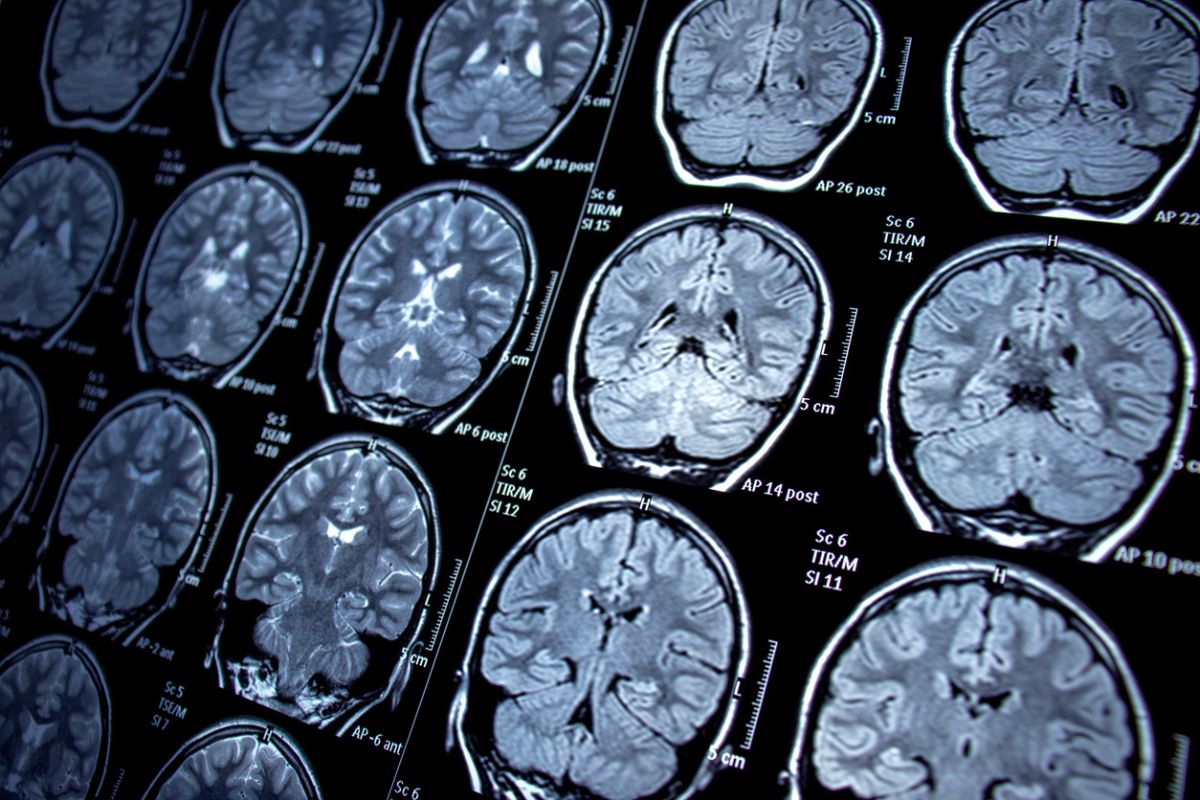Research from Columbia University Irving Medical Center attempts to shed new light on the treatment of posttraumatic stress disorder (PTSD) in U.S. military service members, veterans, and their families.
This open trial is the first of its kind to examine the effectiveness of interpersonal psychotherapy (IPT) for PTSD, including a focus on those with comorbid PTSD and depression — a frustrating combination.
A Growing Need for Diverse Treatments
PTSD haunts military personnel and veterans more than any other demographic. Estimates suggest that anywhere between 21 percent and 41 percent of veterans returning from recent conflicts struggle with it. And it’s not just PTSD. Roughly 7 percent to 15 percent also suffer major depression, further complicating treatment.
These problems often spread beyond the afflicted individual, plaguing their loved ones, too. Marital discord, fraught child-parent relationships, and exhausted caregivers are all too common.
Existing Veterans Affairs (VA) and Department of Defense (DoD) guidelines recommend exposure-based therapies, such as cognitive processing therapy and prolonged exposure (PE) for treating PTSD.
While these approaches have shown some success, they’re not always enough. Some patients hesitate to engage in exposure-based treatments, and 20 percent dropout rates aren’t uncommon. As a result, many have called for a better range of treatment options to accommodate disparate patient needs.
A New Direction in PTSD Treatment
IPT has emerged as one such alternative. Unlike cognitive-behavioral therapy (CBT) approaches, IPT doesn’t focus solely on trauma exposure. Instead, it considers other factors, such as emotional awareness, life circumstances, and interpersonal relationships. This therapeutic approach aims to resolve interpersonal conflicts and bolster social support networks.
This open trial included 50 participants: service members, veterans, and their loved ones. Over more than a dozen IPT sessions the researchers sought to gauge the therapy’s influence on PTSD and depressive symptoms. The research team excluded those with psychosis, bipolar disorder, serious substance use disorder, or elevated suicide risk so that they could focus on patients they believed would be the most likely to benefit.
The researchers assessed participants at four critical moments:
- Baseline.
- Mid-treatment.
- Post-treatment.
- And at a three-month follow-up.
These evaluations measured PTSD symptoms using the Clinician-Administered PTSD Scale (CAPS) and depression symptoms using the Hamilton Depression Rating Scale (HAM-D).
Promising Reductions in PTSD, Depression
The results showed promise. Across the full sample, both PTSD and depression symptoms tapered off over time. The average CAPS score dropped from 35.7 at baseline to 20.4 at the three-month follow-up, indicating a dramatic reduction in PTSD severity.
Similarly, the average depression score tumbled from 16 to 9.4.
Notably, the study revealed no significant difference in treatment response between military personnel, veterans, and their family members, suggesting IPT could be just as effective across all three groups.
Additionally, participants living with comorbid PTSD and depression also showed meaningful improvement in their symptoms.
But the study also exposed potential problems. More than a quarter of the participants – 28 percent – walked away from the trial before they were done. And active service members and veterans were much more likely to quit than their family members. But that’s no necessarily unusual. This attrition rate parallels the trend in traditional PTSD treatment.
Expanding the Treatment Landscape
The results show strong preliminary evidence that backs up IPT as a viable alternative treatment. As the largest IPT trial to date for PTSD in military patients, it also targeted a fundamental gap in the existing research about the treatment of military family members, who’ve managed to elude much of the earlier PTSD research.
Since IPT is a non-exposure therapy, it could offer a more tolerable option for patients already reluctant to embrace exposure-based treatments. This could be particularly crucial for veterans and service members who often report feelings of isolation and estrangement — issues that IPT targets through its focus on interpersonal relationships and social support.
The study also underscores the need for further research, particularly larger, controlled clinical trials, to confirm these findings and explore IPT’s potential in broader settings, including the VA system.
Additionally, as teletherapy comes of age, future research should investigate the efficacy of IPT delivered in a remote setting.
Further Reading
Exploring Equine-Assisted Therapy for PTSD in Military Veterans


